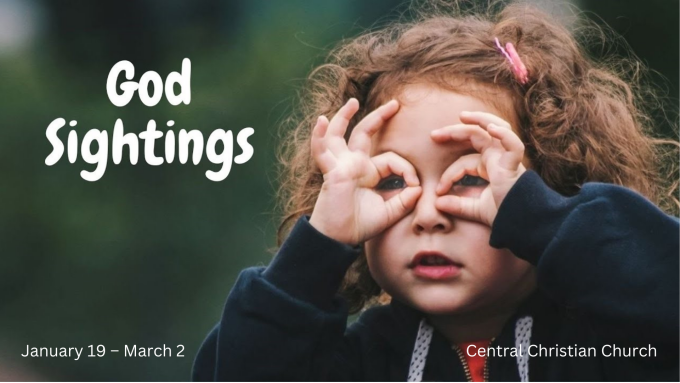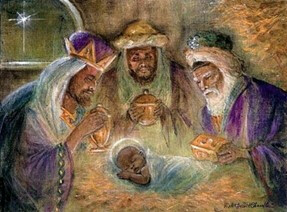Something to Think about This Week… Capital Campaign: 2025-2028
A brief walk around our building and grounds at Central reveals that our property is in good shape. For a building constructed over 70 years ago, the “bones” of our home are solid. Though there always small repairs and maintenance upgrades taking place, our walls, roof, windows, elevators, and heating and cooling mechanisms are in good shape. This is due, in large part, to the foresight our forebearers, when they began a practice that has continued uninterrupted since the 1980s: Consecutive 3-Year Capital Campaigns!

Every three years, in addition to our annual operating pledges and offerings, we have voluntarily undertaken an additional campaign to improve the building and grounds of Central. Each campaign’s goal has varied, but has generally been within a window of $450,000 - $700,000. Those funds are dedicated to completing a handful of projects which, with few exceptions, are completed within that three-year period.
While the annual operating campaign is conducted every Fall, and while the operating budget (supported by operating funds) runs concurrently with the calendar year, the capital campaign is held in the late Spring every three years. The donations paid to the capital campaign begin on July 1 and conclude June 30 three years later. Each campaign strikes a balance between infrastructure (roof repair, stained glass window treatment, elevator upgrades, tuckpointing...) and aesthetics (chancel area renovation in 2002, Friendship Center and West Entrance renovation in 2015...). Perhaps the best part is that 10% of every capital campaign is given as outreach to the greater Decatur community!!!
We are coming up on the end of our most current campaign - “Setting the Table” - this June 30. This means we are planning the next three year campaign – 2025-2028. You will hear much more about the campaign in the coming weeks and months. But for now, we want your input. What capital projects would you like to see Central address over the next three years? There are no “bad ideas” at this point and we want you to be encouraged to dream big. They can be inside-related, outside-related, or technology-related. Obviously, we won’t be able to do everything that is suggested, but at this point in the process we want to solicit as many ideas as possible. Simply click here to fill in an on-line “Project Suggestion” form: Click here. Or you may pick up a paper copy of the form at the Welcome Center.



